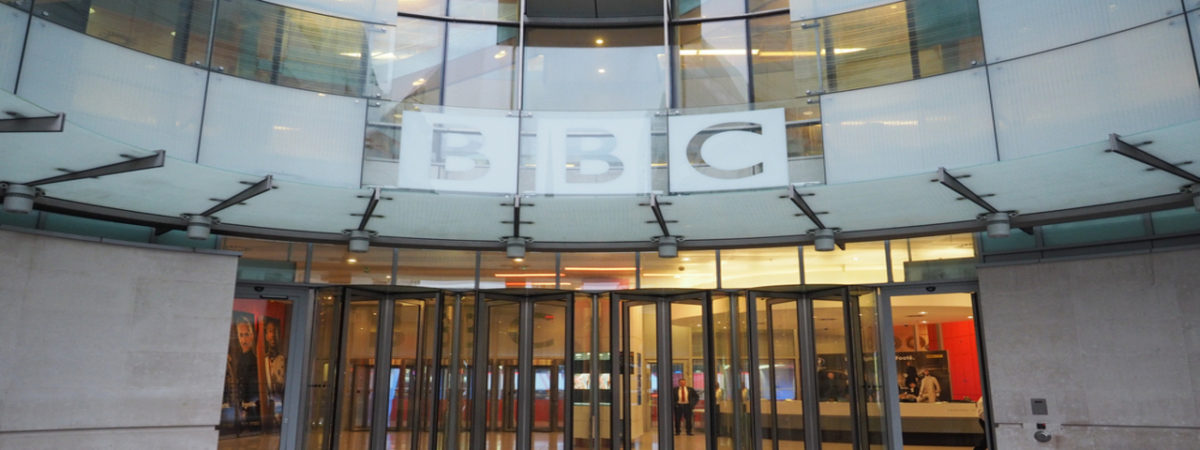Nationalisation: the popular idea that never wins?
SUGGESTED



We can see this play out most obviously in the current Labour leadership contest, but it is an ideological clash which reverberates far beyond any political party. Left-wing think tanks, media organisations and trade unions have to ask themselves the same question, which ultimately boils down to: are we comfortable with a capitalist economy of some sort, even if we dislike a lot about its current form? Or are we fundamentally an anti-capitalist project?
The broad church social democrats believe that the general election result calls for a clean break. The continuity socialists argue that the policies cannot have been the problem, because all the surveys show that socialist policies are popular in Britain. The vast majority of the British public are, for example, in favour of large-scale industry (re)nationalisations.
Both have a point. Which raises an obvious question: if individual socialist policies are so popular, why is a socialist platform not a massive vote winner? It’s as if somebody told you they love bacon, beans, sausage, fried egg and toast, but then roundly rejected the offer of an English breakfast. How can you like all the individual components but reject the package?
A plausible answer is that for most voters, nationalisation is simply a low-priority issue. There is a difference between “widely popular” and “intensely popular”. Suppose there was a policy which could raise everybody’s income by £1 per year, without any apparent downside. Presumably, nobody would get hugely excited about such a policy. It would not swing any votes. Yet if you ran a YouGov poll on it, with the only options being “support” and “oppose”, nearly everybody would pick the former.
Maybe this is more or less how Joe Public sees nationalisations: a potential improvement, but not a game changer. Joe Public believes that after nationalisation, energy bills, water bills and rail fares will come down a bit because he will no longer be ripped off by greedy shareholders. (Highly doubtful, but there we go.) But he does not think that this will turn his life around.
For socialists, however, a nationalisation programme represents vastly more than that. For them, this is not about knocking a few pounds off a bill. It is about democratising the economy. Socialism has become hip and trendy in recent years, but the current crop of socialists are really just very old-fashioned, unreconstructed Marxists. They believe that Britain is run by a capitalist “ruling class”, and that the basis of that class’s power is their ownership of the means of production.
For example, Grace Blakeley, one of the media stars of Millennial Socialism, writes:
“The driving force of historical development under capitalism is conflict between different classes […]
[T]he fundamental antagonism […] exists between the many and the few – between those who live off work and those who live off wealth […]
[T]he wealth and power of the elite comes at the expense of everyone else. […] [T]here has been a class war in this country for a long time – it’s time the working class won it. […]
The only way to bring about such a shift is to promote […] community ownership of society’s most important resources.”
All of this is pure fantasy (albeit highly fashionable). There is no such thing as a “capitalist class”. There are just lots of individual asset owners, who have little in common with one another. They are not all in cahoots with each other, they do not collude with each other, and they do not coordinate their actions.
Only producers in specific industries, which share specific, narrowly defined, easily identifiable and tangible common interests, can form effective pressure groups, and lobby the government for special favours. A “class” cannot do that. The farming lobby is a thing. The black cab lobby is a thing. The pharma lobby is a thing. But the capitalist class is not a thing. It exists only in the imagination of Marxist academics and activists.
Yet once you start to see everything through the lens of Marxist class “analysis”, it is easy to become obsessed with it and see nationalisation as the solution to absolutely everything, from climate change to racism.
Superficially, Joe Public and Joe Socialist are allies. In a YouGov poll, both would pick the same options. But Joe Public lacks class consciousness. When push comes to shove, he will turn out to be an unreliable comrade.
This article was first published on 1828.




